
The Origins & Varieties of Pakistani Coffee
After reading the title, you might be left scratching your head. Why? Well, Pakistan is certainly not the first or among the top 50 countries that come to mind when talking about coffee. After all, it is a tea-loving country. But just as coffee is an integral part of the everyday routine of individuals worldwide, Pakistan is no exception.
Yes, we acknowledge that it is not as popular as in the US or any other Western country. Nevertheless, Pakistan’s coffee culture is on the rise. So far, it is mostly limited to the large urban centres, but we do believe that it will be quite popular throughout the country in the coming years.
If you search for terms like the ‘best cafe in Islamabad’ or ‘best coffee place in Islamabad’, you will notice countless coffee shops. You will come across international chains, local delicacies, and a lot more. All this points towards a shift from a tea-loving culture to coffee.
If you are having doubts about the rising trend of coffee cafes in Pakistan, then refer to this study here. It clearly concludes that Pakistan is seeing an increase in coffee shops. We will discuss everything there is to know about Pakistan’s coffee culture. We will delve into its cultivation, brewing methods, popular flavours, and more.
The Origins of Pakistani Coffee
We all know that Pakistan or the Indian subcontinent was a British colony. Before the British entry into what is now present-day Pakistan, India, and Bangladesh, there was no concept of coffee. The British colonists are somewhat credited with introducing coffee plants for the first time to this part of the world, even though such plants do not grow in Britain.
Coffee plants are mainly in the hilly areas of Hazara and Mardan regions. These regions provide the perfect climate for coffee cultivation. Due to the ever-increasing popularity, Punjab and Baluchistan are also seeing an increase in coffee cultivation. Various reports indicate that Azad Kashmir is not far behind either.
Varieties of Pakistani Coffee
Although you can find all types of coffee in Pakistan, the predominant variety is Arabica. If you are a true coffee lover, then you’ll know that Arabica accounts for around 80% of the world’s total coffee production. This coffee is known for its superior quality and strong aroma.
However, it does not mean that coffee tastes the same everywhere in Pakistan. Instead, Pakistan is home to several unique tastes which you will not find anywhere else. Let’s go through some of these flavours for a better understanding of Pakistan’s coffee culture.
1. Hazara Coffee
The first on the list is the Hazara coffee. As you know, it is one of the first regions in Pakistan where the British introduced coffee cultivation. This coffee is mostly popular for its fruity undertones and a hint of chocolate.
2. Mardan Coffee
This area is right in the heart of Pakistan’s Khyber Pakhtunkhwa province. This province is the most impacted by terrorism, but it continues to show resolve. This coffee is famous for its floral aroma and slightly nutty flavour.
3. Baluchistan Coffee
Baluchistan is Pakistan’s largest province in terms of size. However, in terms of population, it has the least share. It is mostly due to the area’s unique terrain which makes inhabiting it a challenge. The Baluchistan coffee is quite different from the others due to the area’s terroir. It offers caramel sweetness and a full-bodied texture.

Coffee Cultivation and Processing
Pakistan’s farming techniques are not as advanced as those of developed countries. Despite being an agrarian economy, Pakistan’s agriculture methods are quite outdated. It affects the crop’s quality and quantity. Just like other crops, coffee cultivation follows traditional methods.
As you may know, coffee plants only thrive in high-altitude regions. The optimal altitude for coffee cultivation is 1,000 to 1,800 meters above sea level. The cooler temperatures and soil fertility have a strong bearing on the cocoa bean’s taste and quality. Do keep in mind that cocoa plants cannot survive frost.
Once the plants are ready, farmers rely upon manual labour to select the best crop. In other words, they don’t use any machines but handpick the cocoa plants. While this is certainly time-consuming, it does ensure that only the best plants make it to the final stage. The cocoa beans then undergo wet processing.
It involves pulping the beans and then fermenting them. The fermentation removes the seed coat, killing the germs, and enhancing the coffee’s flavour. Afterwards, the farmers wash the plants and leave them out in the sun to dry. The use of traditional methods greatly enhances Pakistani coffee’s flavour.
Flavour Profile and Unique Characteristics
Pakistan has a very diverse climate. But that’s not what makes coffee cultivation different from other countries. There are microclimates within the country that contribute to the unique flavours. It is what helps make Pakistani coffee provide a range of flavours that range from fruity to nutty notes.
Rising Popularity Globally
Pakistan’s coffee is becoming popular on the global stage. There are a number of coffee shops in Pakistan that are now considered ‘specialists’. If you ever find yourself in Pakistan, we do recommend visiting the local coffee shops to get a true taste of Pakistani coffee.
It will take some time for the country to start exporting coffee to international markets in sizeable quantities. Until then, your best chance to get a taste of it is by asking a friend to bring you a local Pakistani bag. We believe that you will instantly fall in love with the unique taste and aroma that it has to offer.
Pakistan’s coffee is a hidden gem waiting to be discovered and nurtured. The Pakistani government and international organisations need to work closely together to promote coffee cultivation in Pakistan. It will help boost the finances of local growers which will be instrumental in further enhancing coffee’s quality. No doubt that Pakistani coffee has the potential to carve out a niche in the speciality coffee industry.

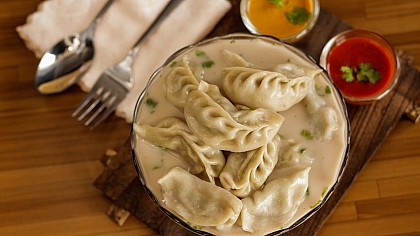
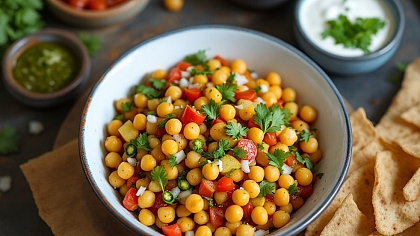
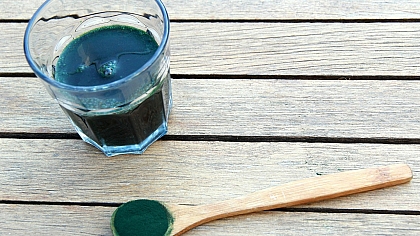
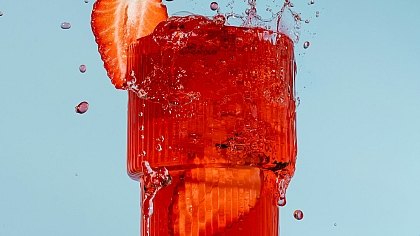

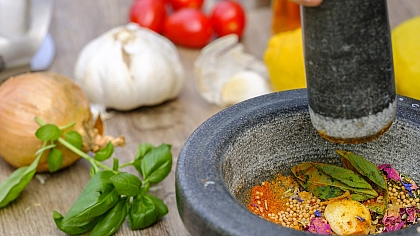
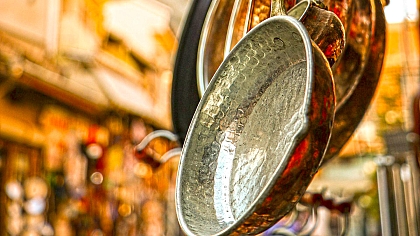
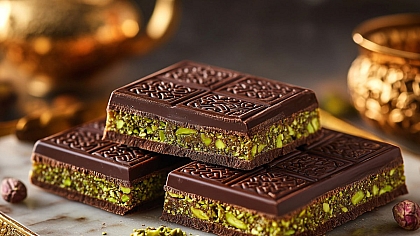
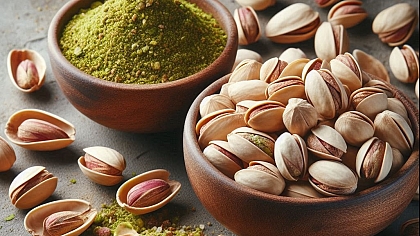
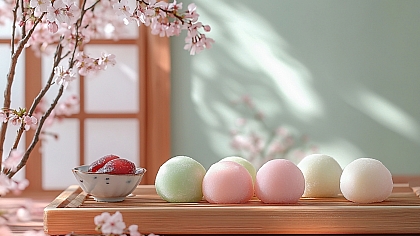
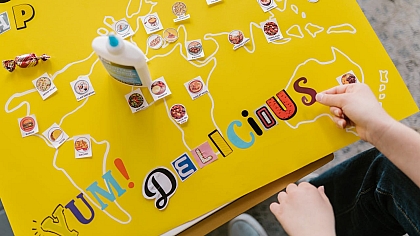

COMMENTS
its good i also want to cultivate coffee but i don"t know where to sell it
Food lovers often visit one of the food streets in Islamabad and get crazy with the numerous restaurants and cafes in Islamabad and the diversity of food offering an authentic taste.
Need local beans for coffee shop